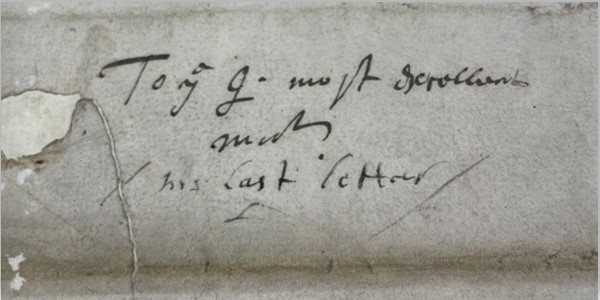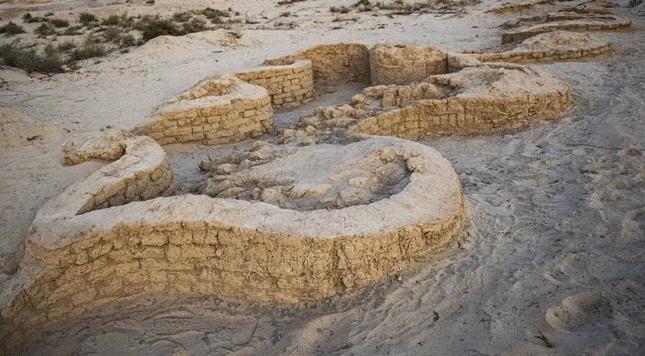2025-12-24 09:04:00
„Clair Obscur – Expedition 33“ verliert GOTY-Status
Eigentlich war „Clair Obscur – Expedition 33“ das Spiel des Jahres 2025. Interview-Aussagen werden dem Spielestudio zum Verhängnis.
https://www.
2026-01-23 07:57:10
From Sat 24 Jan: Love Letters exhibition reveals the lengths we go for love https://www.nationalarchives.gov.uk/about/news/from-sat-24-jan-love-letters-exhibition-reveals-the-lengths-we-go-for-love/
2025-12-22 15:54:20
Expedition 33 is one of my all time fav games but I'm happy the Indie Game Dev Awards is taking a hard line on AI in games.
https://mashable.com/article/clair-obscur-expedition-33-indie-game-awards-revoked-ai
2026-01-23 16:45:43
Philadelphia sues Interior Department over slavery exhibit removal at President's House
https://thehill.com/regulation/court-battles/5702955-philadelphia-sues-interior-department-slavery-exhibit/
2026-01-23 02:05:42
The slavery exhibits at the President's House have been removed following Trump administration push (The Philadelphia Inquirer)
https://www.inquirer.com/politics/nation/presidents-house-independence-park-exhibits-removed-20260122.html
http://www.memeorandum.com/260122/p146#a260122p146
2026-01-22 21:29:53
"He was tearing them up and just shoving them in as fast as he could, like when you see people in a hot-dog eating contest"
I'M DEAD
https://www.thenation.com/article/society/alaska-student-arrested-eating-ai-art-exhibit/…
2025-10-24 06:56:07
Huge Fortress Unearthed in Egypt Features Thick, Curving Walls Built 3,500 Years Ago https://www.goodnewsnetwork.org/fortress-unearthed-in-egypt-features-thick-curving-walls-built-3500-years-ago/
2025-10-24 00:14:36
50 years ago tonight, the jerry garcia band in providence, including the 1st versions of a dead classic & a minor (& kinda mid) JGB rarity. fall ’75, show #2. audience tape: http://www.youtube.com/watch?v=i9v6mjlfsc4 [1/2]
2026-01-23 19:33:03
Aa nice overnight, cultural, stay in Liverpool.
Philharmonic concert with UK premier of accordion concerto by Dobrinka Tabakova - a great performance and an interesting, joyful listen.
Turner exhibition at the Walker Art Gallery. On his influence - again really good (the 3rd Turner exhibition I've been too this year. The others etchings at Whitworth Manchester and Turner & locally influenced painters Towner, Eastbourne). Shall have to pick up the brushes again!
2026-01-23 17:10:54
Philadelphia sues after slavery exhibits were taken down from President's House site (NBC News)
https://www.nbcnews.com/news/us-news/philadelphia-sues-slavery-exhibits-taken-presidents-house-site-rcna255535
http://www.memeorandum.com/260123/p55#a260123p55



